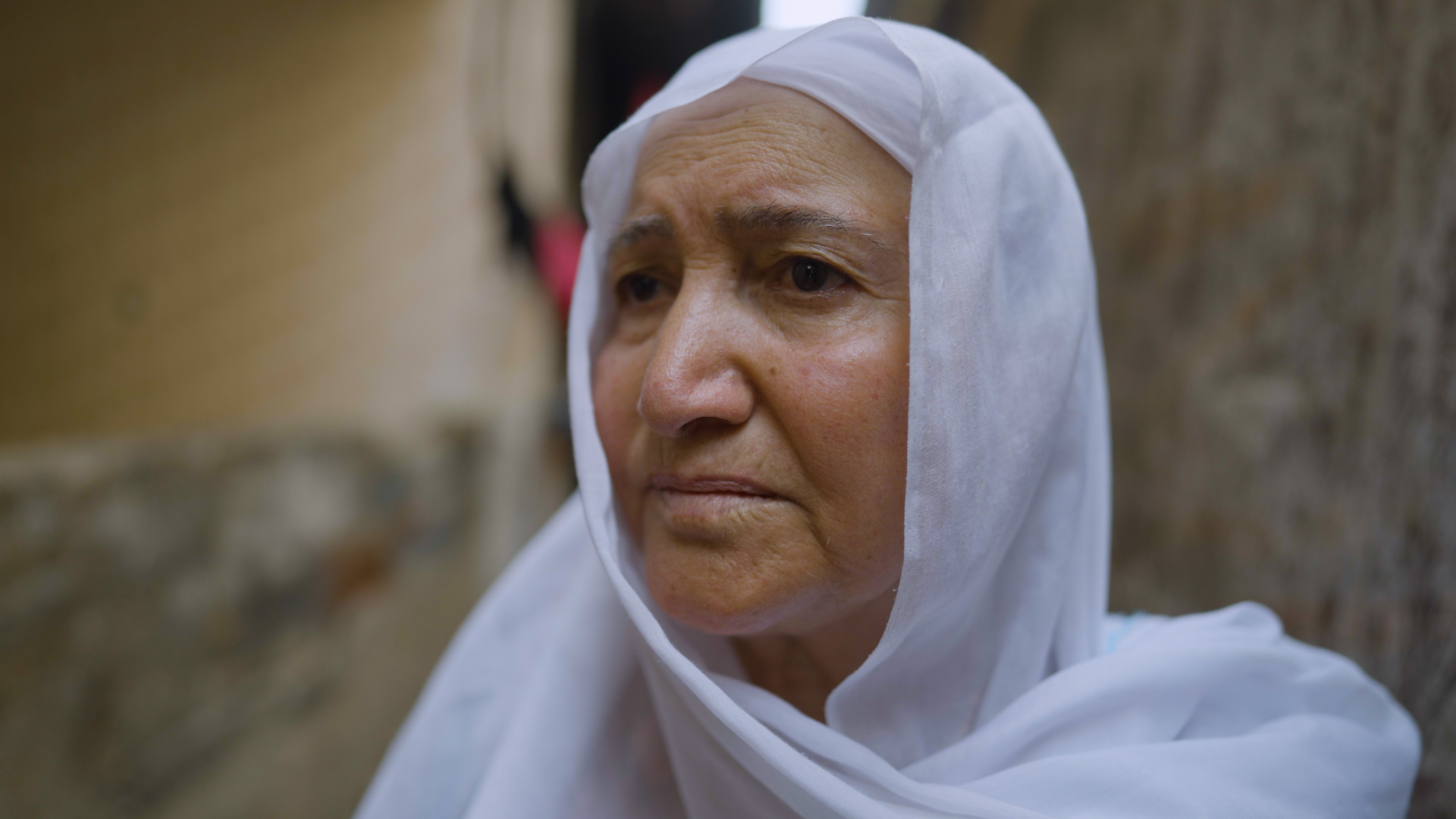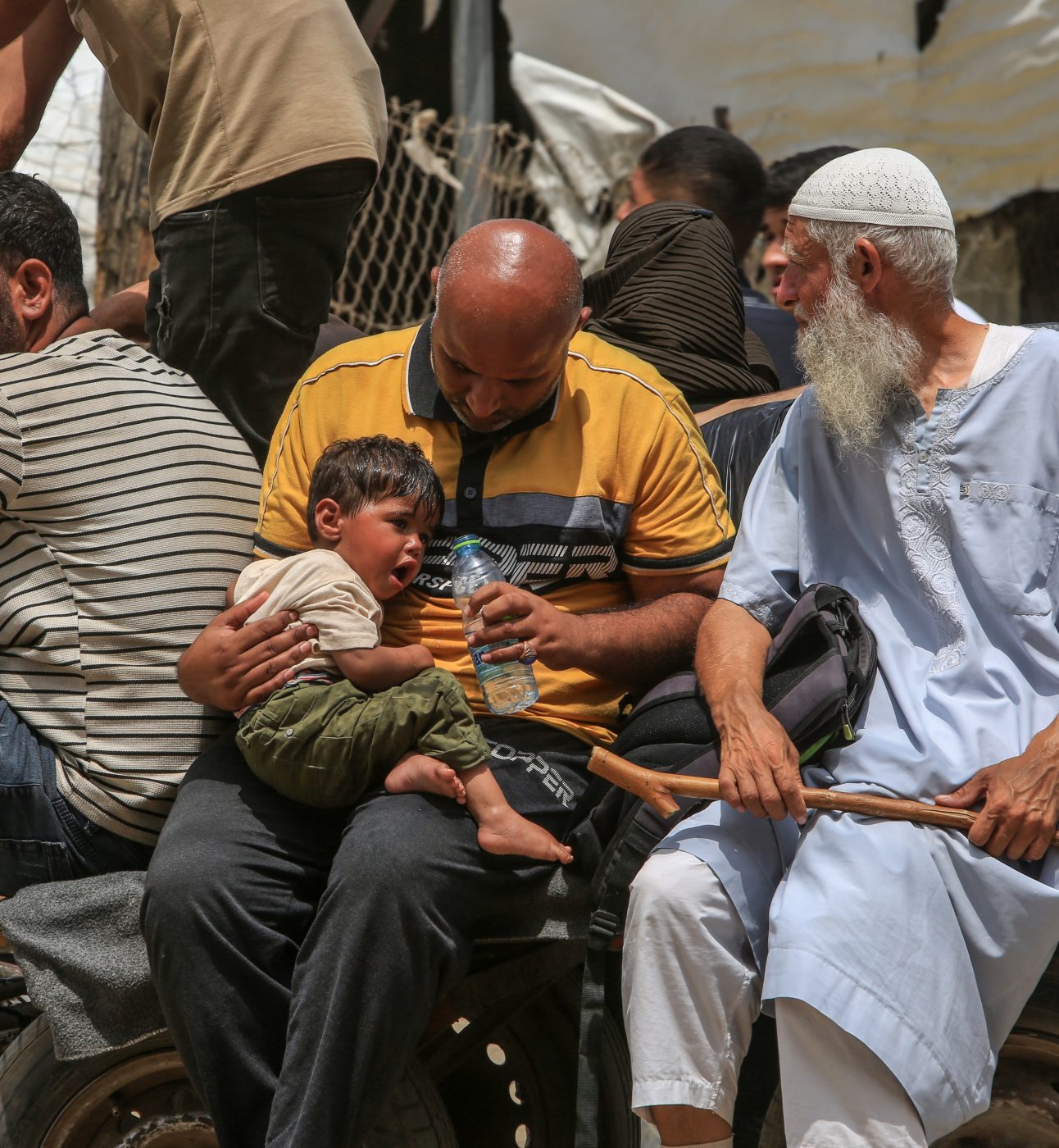The gravity and destruction of the war that erupted one year ago in Gaza was brought home to me when, a few weeks after the conflict began, I received a photograph from one of the organisations that we work with in Gaza. It showed the hollowed out remains of their headquarters, completely destroyed in a blast that had hit the neighbourhood in which it was located. The accompanying note mentioned that all their operations had been suspended, that they were not in a position any longer to help the older people who depended upon them, and that personal tragedy had befallen many of their staff through the death of close family members and relatives.
Shortly after the war broke out, I was invited to attend a conference in Amman on planning for the reconstruction of hospitals, clinics, schools, housing, roads, water provision and other infrastructure in Gaza once circumstances allowed. The figures circulating back then in terms of responding to the damage that had been caused were already astronomical. Many months later I imagine that these numbers have significantly escalated to a reconstruction bill that will now be unprecedented in modern times.
No one at that conference was glibly optimistic that the war would end soon. But few expected, I believe, so many more months of bombing, starvation, the outbreak of long forgotten diseases, numerous orphaned children and communities of older people unable to seek medical help for various ailments and conditions. Even now one year after this tragedy began to unfold there seems to be no end in sight to the suffering of hundreds of thousands of people.
Words, sentiments of sympathy and solidarity, and the trickle of aid are poor recompense for the scale of need that has been evident over many months. At HelpAge International we are cognizant of the fact that our efforts in Gaza to assist vulnerable older people, who in many humanitarian situations are the least visible and the most neglected, does not match the level of adequacy for what is required.


